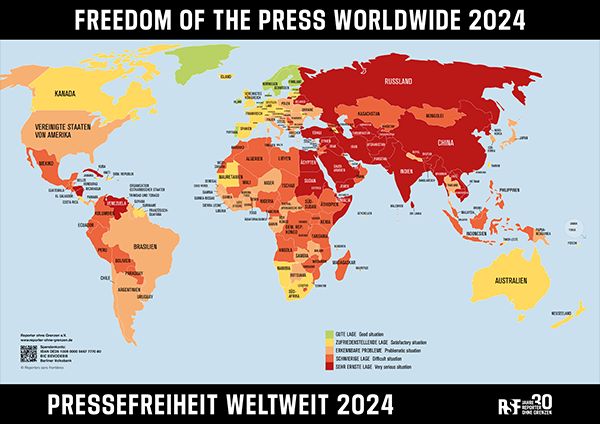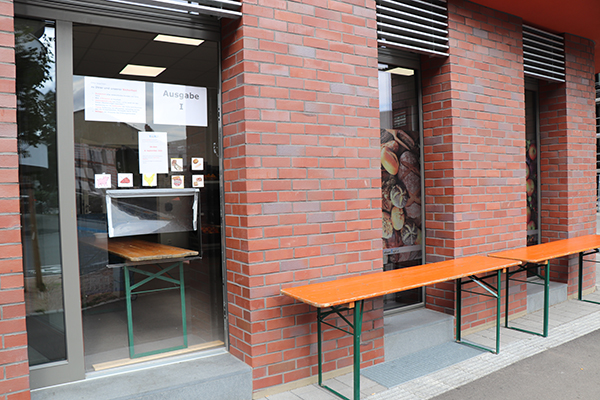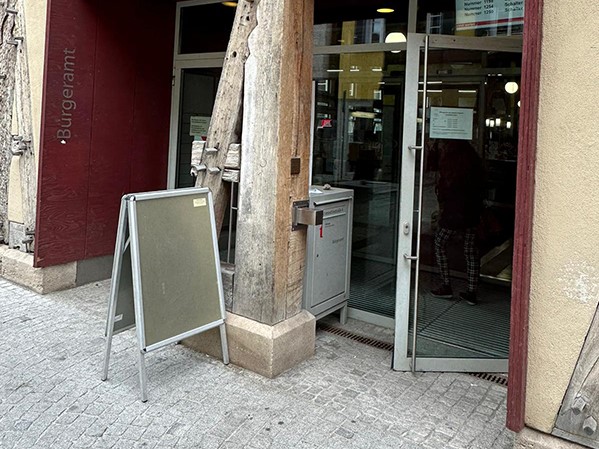Censorship, attacks on journalists, death threats, imprisonment, torture, death: the situation of the press has deteriorated significantly worldwide in 2023. This was reported by the journalists’ organisation “Reporters Without Borders” (RSF) on 3 May, International Press Freedom Day. People who work for the media are increasingly under threat. RSF is concerned about the 2024 super election year, when more than half of the world’s population will be called to the polls—including in Europe, India and the USA.
Every year, the RSF organisation compiles a ranking of press freedom for 180 countries. Characteristics such as security, the political situation, legal conditions and the economic environment are taken into account. Norway, Denmark and Sweden are in the top three places. At the bottom of the list are Iraq (169th), Iran (176th), Afghanistan (178th) and Syria (179th). Only Eritrea comes in worse at 180th place. According to RSF, “independent journalistic work is practically impossible” in countries at the bottom of the list. Anyone reporting on elections must expect increasing violence in certain countries. “Autocrats, interest groups and enemies of democracy want to prevent independent reporting by all means,” said an RSF spokesperson.
The situation in the countries of origin of refugees living in Germany is catastrophic. Three journalists were killed under the ruling Taliban in Afghanistan. At least 25 have since been imprisoned. In Syria, too, it is “almost impossible” for journalists to work independently. “Dozens of media professionals are in the Assad regime’s torture prisons.”
Ukraine, on the other hand, moved up 18 places to 61st. The reasons: Fewer media professionals have been killed there by the Russian army. There is also less political influence on editorial offices.
RSF analyses the situation in individual countries and regions in brief reports. In the Palestinian territories, “most journalists and reporters worldwide are currently dying”. In the Gaza Strip, more than 100 media professionals have been killed so far. Since the beginning of the war, Israel has been trying to suppress reporting from Gaza. In the West Bank, the Israeli authorities have “imprisoned over 30 media professionals” since 7 October (the Hamas attack on Israel).
In Iran, “the suppression of all media continues”. Critical journalists are “constantly harassed, arbitrarily imprisoned time and again or sentenced to long prison terms in unfair trials”. Their prison conditions are often life-threatening.
Journalists in all parts of Iraq are also “attacked, arrested or intimidated by pro-government militias”. Their murders go unpunished.
Journalists in Syria are “exposed to intimidation and violence from all parties to the civil war”. RSF names the Syrian military and its allies, armed opposition groups and radical Islamist groups, among others.
Germany has improved from 21st to 10th place. RSF cites the fact that other countries have deteriorated as a reason for this. In addition, the number of registered attacks on media professionals fell from 103 in 2022 to 41 in 2023. But there is a high number of unreported cases – mostly because there were no witnesses to the attacks.
See the report https://www.reporter-ohne-grenzen.de/pressemitteilungen/meldung/ranglisten-pm-2024
Detailed information on the Middle East (Iraq, Iran, Syria, Palestinian territories), Asia (Afghanistan) and Europe (Ukraine), for example, can also be found under “Countries”.
tun 24050601
Weltkarte der Pressefreiheit 2024. Foto: Reporter ohne Grenzen.
002370




